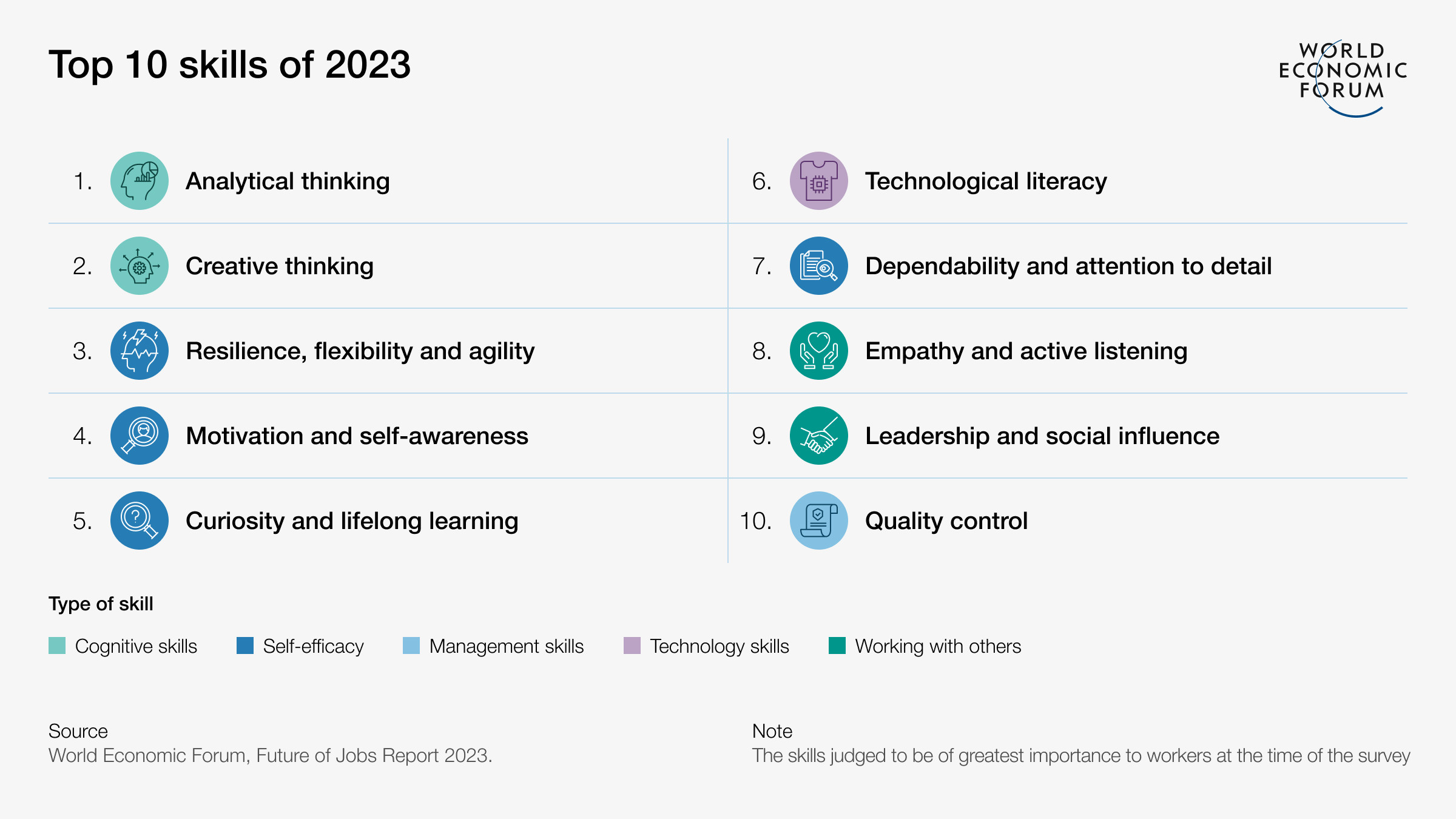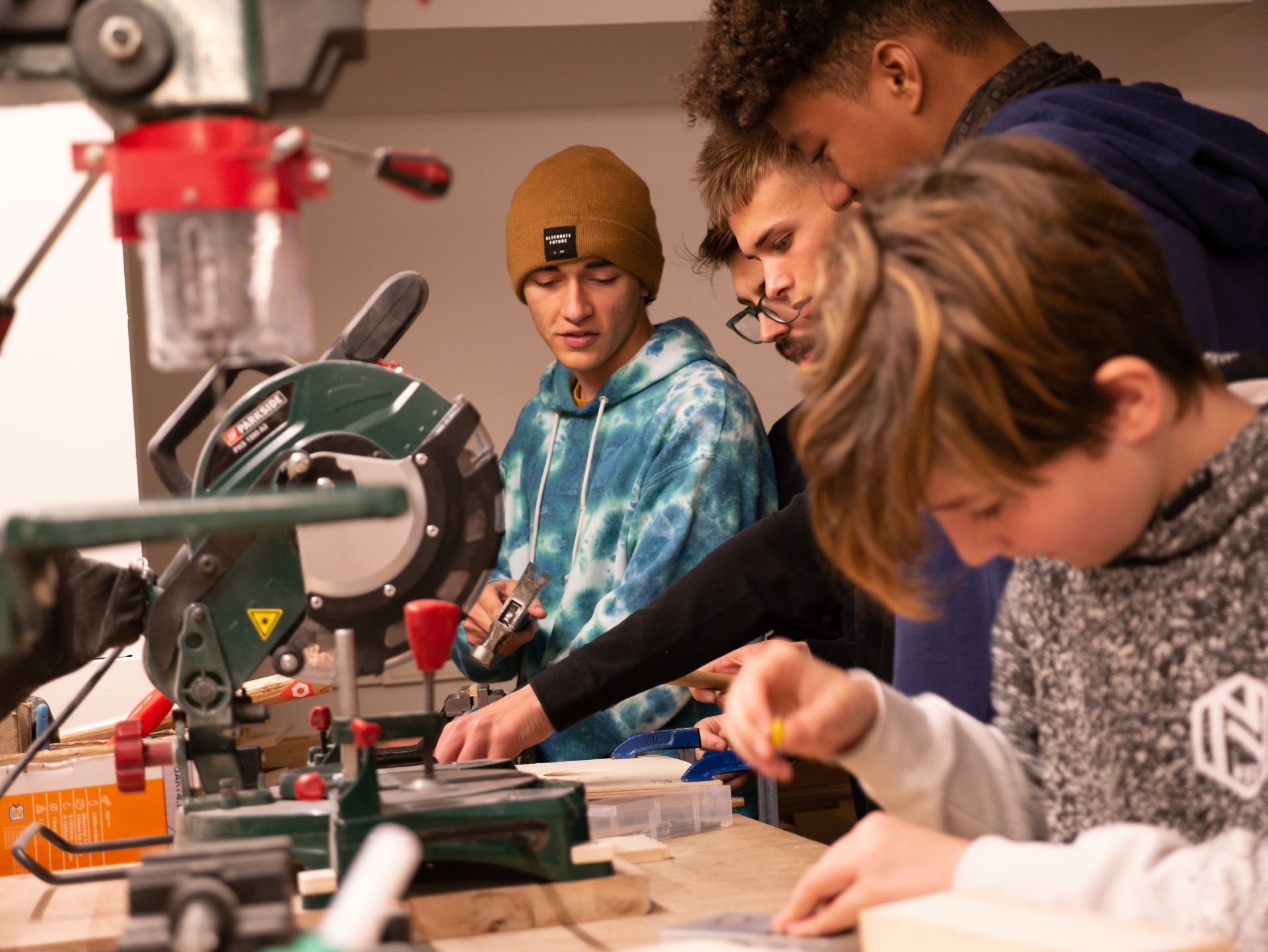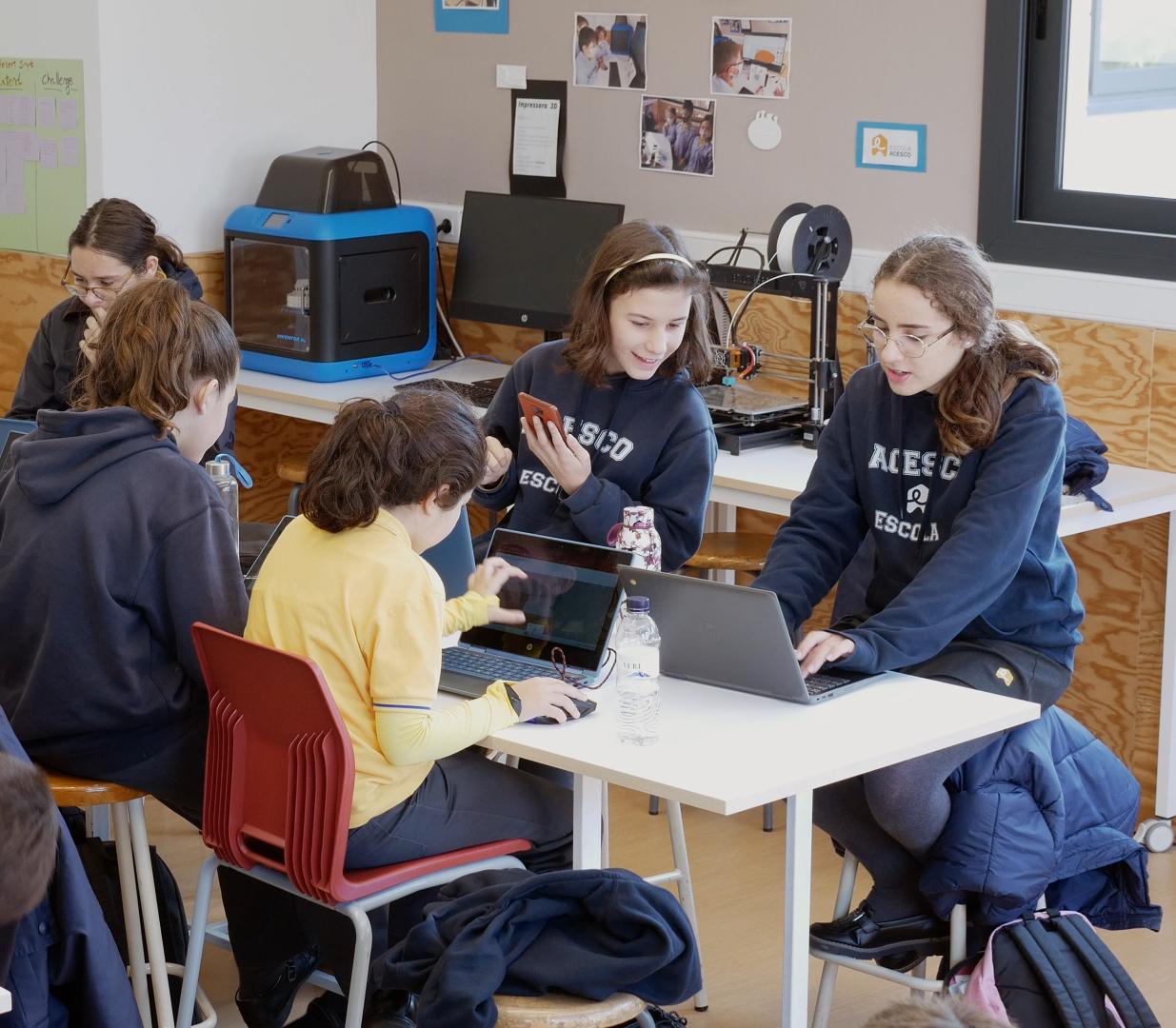Imagine this scenario. It’s March 2018 and nearing the end of the Spring term. There’s a buzz in the air and the excitement is palpable as learners prepare for their final presentations.
But far from being exam-based or standardised tests, each learner invests between 10 and 30 hours of work in preparing for their 360 review: a reflection on the learning from the previous three months.
At Learnlife, each learner has their 360 review at the end of every trimester as a key rite of passage in their learning journey. It’s the ultimate challenge for learners to hone their skills in self-reflection, analysis, public speaking and presentation skills.
During the 360, they present, persuade, and undoubtedly, impress a room of participants, including their parents, peers and Learning Guides. Presentations are shared via Powerpoint, Canva or even physical prototypes and tend to be dynamic and entrepreneurial in nature.
Far from being the typical assessment experience you might find in a school, this scenario is more akin to a compelling product presentation in the workplace.
Sounds far-fetched? Fast forward five years to June 2023, and far from an imagined scenario, scenes like this are happening every month at Learnlife.
This is precisely how learners reflect on their learning experiences from the previous trimester and the skills they gained and developed during the last three months.
This human-centred approach to learning enables each student to develop skills and competencies through real-world applications and experiences.
Numerical skills, such as multiplication and ratios, can be explored by learning how to create and manage a budget, and children can learn subtraction and addition by dealing with currency and cash transactions in our imagined weekly market learning activity. Real skills meet real-world applications.
Preparing for an uncertain and rapidly changing world
Why does Learnlife focus on a skills-based rather than a subject-based approach? Simple. Because in a VUCA world that is changing rapidly, learning also needs to change and adapt to keep up with the times and stay relevant.
“With the arrival of AI and technological advances, the ability to learn and upskill on an ongoing basis will become essential,” says Stephen Harris, Co-founder and Chief Learning Officer at Learnlife.
This need for lifelong learning, resilience, adaptability and agility is being felt more than ever in the workplace.
Between now and 2027, businesses predict that 44% of workers’ core skills will be disrupted because technology is moving faster than they can design and scale up their training programmes.
In fact, this pace of change is so rapid it’s predicted that 85% of jobs that will exist in 2030 haven’t been invented yet.
"The pace of change will be so rapid that people will learn 'in the moment' using new technologies such as augmented reality and virtual reality. The ability to gain new knowledge will be more valuable than the knowledge itself," Dell Technologies says in its Realizing 2030 report.
Less than 50% of children are developing the skills to thrive
UNESCO highlights the challenge facing children, educators and employers, with its research showing less than 50% of the world’s children are on track to develop the skills they need to thrive.
So what skills do children need to thrive, and how can they stay ahead of the curve?
Comprehensive research by the World Economic Forum this year found that analytical thinking, creative thinking and resilience are the most in-demand skills for employers.
The Future of Jobs Report 2023 also highlights leadership, curiosity and lifelong learning as the skills expected to grow most in demand in the coming years.

With cognitive and self-efficacy skills most in demand, a human-centred approach to education that promotes lifelong learning is essential for children to thrive.
Learning how to learn and making learning real
So how can schools and learning communities prepare children for an ever-changing world?
“At Learnlife, you’re basically learning how to learn,” says 16-year-old Storm. “We learn how to learn new things, face new challenges and upskill on a continual basis.”
More and more companies are looking for job-ready candidates and high school graduates with demonstrable experience and in-demand skills such as creativity, collaboration and critical thinking.
And what better way for children to develop these skills than by putting them into practice during the learning process?
To move with the times, Stephen Harris and the learning team at Learnlife, are committed to an approach that enables learners to develop these in-demand skills through application in real-world scenarios, studios and custom-designed learning experiences. Even the learning spaces at Learnlife are designed for this purpose.
At the Eco Hub, tinkering and hands-on approaches to learning are the order of the day in many of the non-traditional spaces and outdoor areas used for learning.
At the Urban Hub, learners get to explore, tinker and create in professional-level studio environments, such as carpentry, cooking, music, multimedia and design and coding, guided by expert professionals who work in the relevant field. Learners learn by doing: fail, succeed and repeat.

Learners are challenged and encouraged to try new things and step out of their comfort zones. Math Dojo in our secondary years programme is a living example of this.
All learners are encouraged to approach numeracy with curiosity, creativity and an open mind, bringing to the numeracy skills development their own areas of passion and expertise.
The motto for the Math Dojo (a numeracy “training space”) is “embrace the challenge”, and all learners are encouraged to bow and repeat this mantra as they enter the Math Dojo space.
“This sets the tone and puts learners in the right frame of mind to embrace failure, persevere, learn by doing, and enjoy the journey of discovery, failure and the sense of personal achievement when they overcome their (numeracy) fears,” explains Adrià Balcázar, Learning Guide & mathematician.
This approach helps learners uncover their talent for maths and makes learning enjoyable and meaningful.
“I hated Maths in my previous school and thought I was really bad at it. Math Dojo helped me discover that I was good at numeracy and, more importantly, could enjoy it.
“My passion is for art, so Adri encouraged me to explore and seek out mathematical concepts linked to art. I started exploring tessellation and created a personal project focused on art and tessellation. It was the first time I had done something related to numeracy that I was proud of, so I chose to share this in my 360 review,” shares 15 year old Akira.
Helping schools globally to close the skills gap
Inspiring change and closing the skills gap can not be achieved alone.
That’s why we help educators and school leaders bring about change in their schools and learning communities by providing inspiration, training and professional development.
Acesco, a Learnlife partner, has adopted passion projects across their schools in Catalunya. This has enabled students to work on real-world projects aligned with their interests and develop autonomy, independence and essential competencies such as collaboration, communication and creative thinking.
“We have seen how motivated the students have been by introducing passion projects into our curriculum for the 14-16 year olds, and we plan to roll this out for all ages. Moreover, it has been a source of inspiration that has motivated our teachers too, and this passion and zest for learning is then transferred to the learners as well,” says Acesco.

Our goal is to share a human-centred skills-based approach with education and business leaders so that, collectively, we can bring about positive change in education worldwide and empower children to thrive.
So far, we’ve impacted 600 schools from public and private sectors in 20 countries worldwide and inspired more than 5,000 educators. But this is just the start, and it’s an exciting time as human-centred learning becomes more relevant than ever before.
If you’re interested in collaborating with us, we’d love to hear from you.
And if you’re ready to connect with a tribe of global innovators and changemakers, we invite you to join us at our next Inspire event.
Written by


